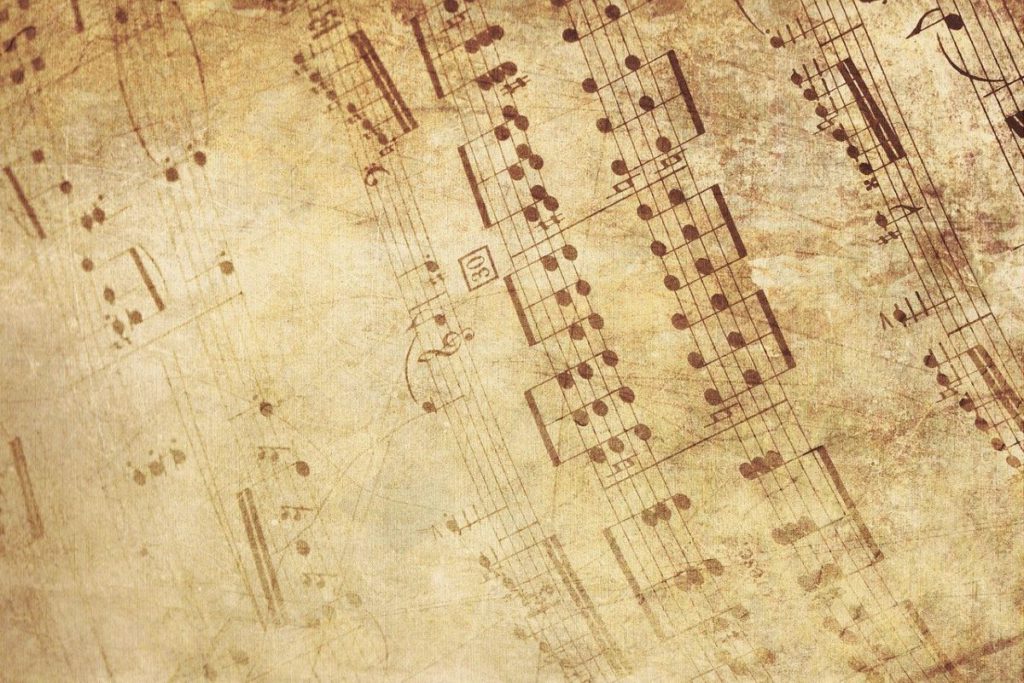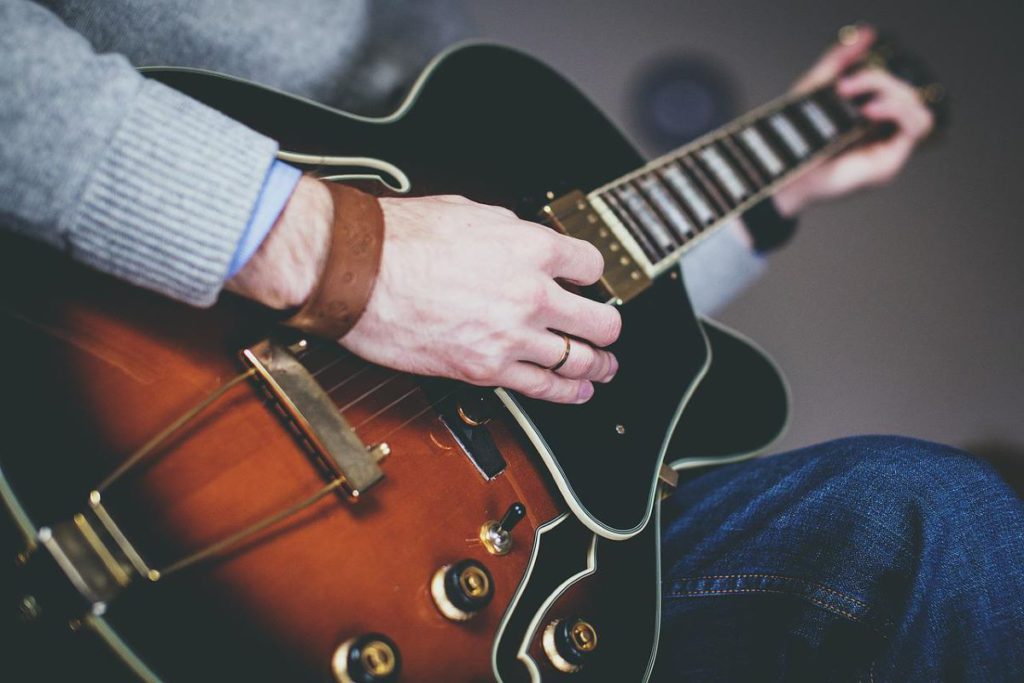Some people might describe music as having a language just of its own. A beautiful rhythm that has the power to touch our hearts, irrespective of our different backgrounds, and makes us want to dance to it. Becoming a musician takes a lot of dedication and hard work, and if you are hoping to make the next leap toward playing like a pro or are looking for some new ways to sharpen your skills, here are some tips to help you become a better musician.
If you are looking to build a career as a musician, you will have to invest the time and energy required to play like a professional. There is a little bit of luck involved, but becoming a professional musician also requires an equal amount of dedication, patience, and practice. Being a musician is rewarding, whether it is in personal satisfaction or in the societal benefits that playing music can bring. Always take what you are learning in your personal life and see how you can apply it to your life as a musician.
You will be able to take in the music of the people around you and integrate that into your practice and performances, making you a better musician in general. Practice is something that you can begin doing right now in order to greatly improve your musicianship and understanding of the music. As you get more skilled in your instrument, you can practice longer; but start small and build up from there.

Practice will increase your skill in the game, which is essential if you are going to be a good player. Not only will it improve your playing, but it will also help you relax and be more comfortable in practice sessions or concerts, as you will be mindful of everything going on around you. You will be able to analyse music and make notes about what you need to improve, but you will also be able to observe how you are performing. Listening closely to your own playing will also help you to see where you have strengths and weaknesses – areas such as tempo, tone, feel, balance, and tone can be evaluated.
One way of practising your playing is listening to a variety of notes or even a simple melody and writing down what you believe you heard. Then, when you come back to practice (or to write or compose or teach), you will remember the new pieces of music and incorporate them into your own playing. Once you have developed a unique musical composition, you will find that you are inspired to make more to play your instrument with intention.
Writing music is one of the most fulfilling aspects of being a musician, but it can be hard sometimes to find the space to branch out from existing ideas. Making actual progress toward bigger goals, such as learning how to play an instrument or starting to work on a new album, can be challenging if you are not musically experienced or you are years into a musical career and have lost momentum. Putting in the 10,000 hours of learning to become better at what you do is bound to increase your results, but your luck may be either good, bad, or none.
You have got to have good ears, be patient, know your gear, and have realistic goals and practices in order to be a pro. You are going to have to set realistic goals for yourself every chance you get, and strive towards those goals, whether it is learning a specific scale by heart in a single practice session or learning an entire song by the end of the week. Set your goals (if you have a teacher, they can help with this), and determine how much time you can realistically dedicate to practising each day. Right now, map out your week and plan out times to do certain music tasks, such as group practice, playing your instrument, or writing songs.
Instead of burning yourself out with the instrument for 4 hours every day, take time to step away from your instrument and truly understand music at its core.
It may be tempting to skimp on practising in favour of spending time with friends or getting a little more sleep, but remember that you are not going to make progress without practising. If you can establish a practice routine that works for you, attend lessons, and make an effort to practice when you can, you will be getting a little bit better each day, and it will add up faster than you think. To help you achieve your full potential, make practising a habit, and you will be amazed at just how fast you will improve and how it becomes a natural part of your daily routine. Look for the silver lining, acknowledge the things that you can do to get better, and then incorporate those ideas into your goals and your practice.
No matter where you are in this process, being open-minded, curious, and critical thinker will help guide you toward the place where you want to be in your musical career. The path to becoming a better musician is an unpredictable journey, but understanding both the pitfalls and good habits is a great way to guide yourself toward your goals. Becoming a better musician certainly seems daunting, but understanding the common mistakes musicians make can help you achieve your goals. For instance, although previously, artists needed big labels to launch their music, now, with the help of the music blockchain, they can efficiently connect with their fans. Hence, apart from just concentrating on improving your skills, learning more about the latest trends in the industry, such as music cryptocurrency and more, can help you to promote your songs better.
Always keep in mind that it is far easier to look at something that might seem challenging and write it off as a stale skill, like improving your music literacy. However, learning something that you are not comfortable doing could strengthen your song writing, open you up to playing with a wider range of musicians, or even get you a higher-paying gig. It does not need to be something too complicated (some of the best music ideas are incredibly simple), and by continuously learning, you will have a lot more to draw on for expressing yourself musically, whether it is playing alone or with others, improvising, or even writing your own songs.
All in all, the earlier you begin, the quicker you can utilise music theory in writing your own music, performing with other musicians, and understanding what is going on in the music you are listening to. Doing things like practising at a certain time each day and learning a single concept of music theory each month may seem tedious, but in time, it will eventually have a monumental effect on your life as a musician. You will be a better musician if you let yourself rest, refresh your mind, and tackle projects with fresh eyes.


